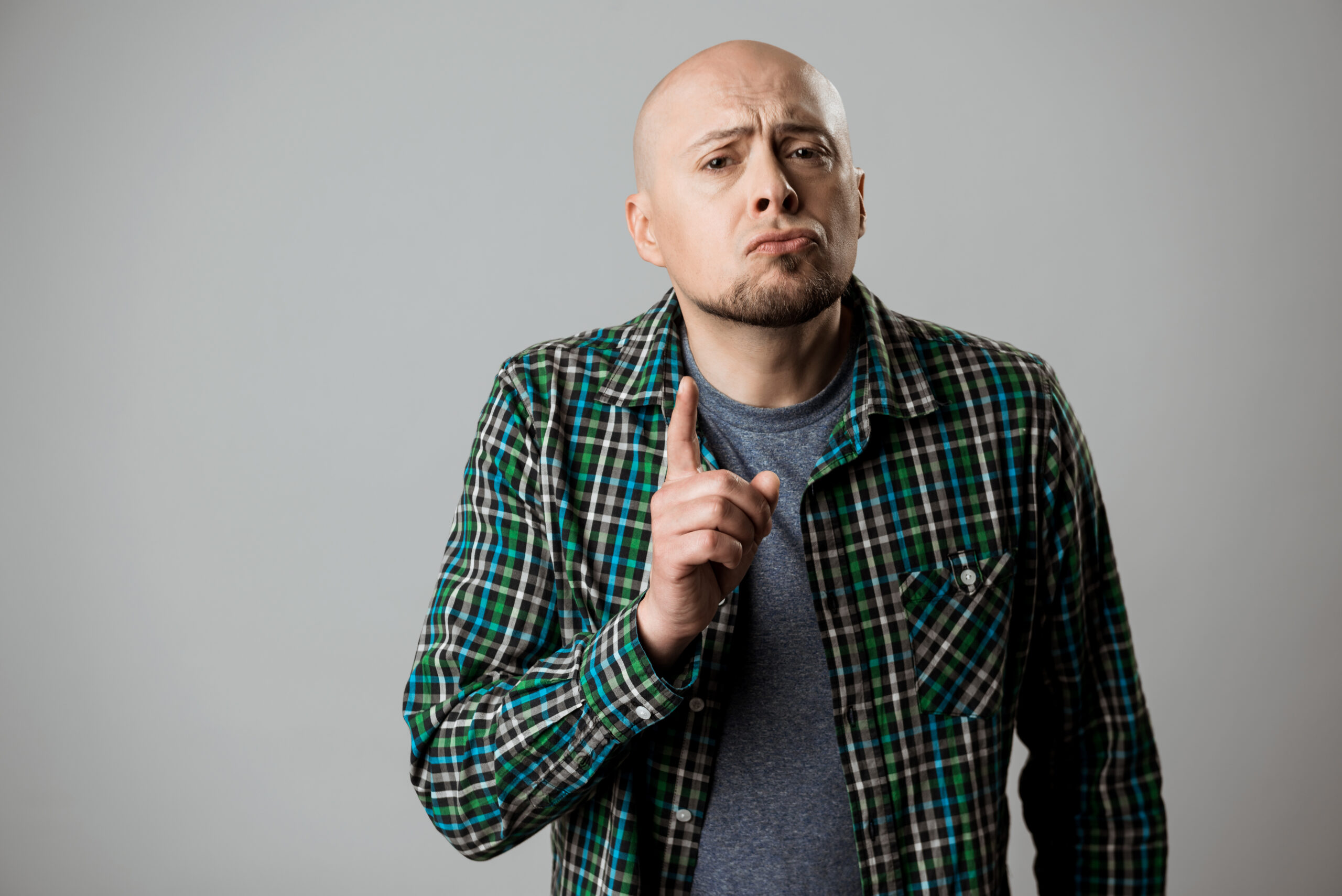Introduction:
Hair loss, particularly male pattern baldness, is a common concern that affects millions of men worldwide. While genetics, hormonal imbalances, and aging play significant roles in hair loss, other factors such as stress, poor nutrition, and scalp health can also contribute to the problem. While there are various treatments available for hair loss, many men seek natural alternatives to support hair growth and prevent further thinning. In this blog post, we’ll explore the role of herbal supplements in hair loss prevention, focusing on male pattern baldness, and how they can nourish your hair naturally.
DISCLAIMER: The information provided in this blog is for educational and informational purposes only and is not intended as medical advice. The content is not intended to diagnose, treat, cure, or prevent any disease. Readers are advised to consult with a qualified healthcare professional regarding their specific health concerns and before starting any herbal remedies or health regimen. While every effort has been made to ensure the accuracy and completeness of the information presented, the author and publisher assume no responsibility for any errors or omissions. The use of herbal remedies and traditional medicine should be undertaken with caution and under the guidance of a qualified healthcare practitioner, especially for individuals with pre-existing medical conditions or those taking medications. The inclusion of specific herbs or formulations in this blog does not imply endorsement or recommendation. Individual responses to herbal remedies may vary, and it is important to consider individual health needs and sensitivities. Always read product labels and instructions carefully before use. By accessing and using this blog, readers acknowledge and agree to the terms of this disclaimer and release the author and publisher from any liability arising from the use or misuse of the information provided.
Understanding Male Pattern Baldness:
Male pattern baldness, also known as androgenetic alopecia, is the most common type of hair loss in men. It is characterized by a gradual thinning of the hair, typically starting at the temples and crown of the head, and eventually leading to a receding hairline or bald spots. Male pattern baldness is primarily driven by genetics and hormonal factors, specifically dihydrotestosterone (DHT), a hormone derived from testosterone.
DHT binds to hair follicles, causing them to shrink and eventually stop producing hair. Over time, this leads to miniaturization of the hair follicles and thinning of the hair shaft, resulting in the characteristic pattern of hair loss seen in male pattern baldness. While male pattern baldness is often considered an inevitable part of aging for many men, there are natural approaches, including herbal supplements, that can help slow down the progression of hair loss and promote healthy hair growth.
The Role of Herbal Supplements:
Herbal supplements have been used for centuries in traditional medicine systems around the world to promote hair health and prevent hair loss. Unlike pharmaceutical drugs, which may come with side effects, herbal supplements offer a natural and holistic approach to nourishing the hair follicles, improving scalp health, and supporting hair growth. Here are some key herbal supplements that have shown promise in addressing male pattern baldness and promoting hair loss prevention:
Saw Palmetto (Serenoa repens): Saw palmetto is a small palm tree native to North America and is widely used in herbal medicine for its potential to inhibit the enzyme 5-alpha-reductase, which converts testosterone into DHT. By blocking the production of DHT, saw palmetto may help prevent hair loss and promote hair regrowth in men with male pattern baldness.
Pumpkin Seed Oil: Pumpkin seed oil is rich in antioxidants, vitamins, and minerals, including zinc and magnesium, which are essential for healthy hair growth. Studies suggest that pumpkin seed oil may help inhibit the activity of 5-alpha-reductase and reduce DHT levels in the body, making it beneficial for preventing hair loss and promoting hair thickness and density.
Nettle Root (Urtica dioica): Nettle root extract is derived from the common stinging nettle plant and has been used traditionally to treat various health conditions, including hair loss. Nettle root contains compounds that may help block the conversion of testosterone into DHT, thereby reducing its effects on the hair follicles and promoting hair growth.
Biotin: Biotin, also known as vitamin B7, is a water-soluble vitamin that plays a key role in maintaining healthy hair, skin, and nails. Biotin deficiency has been linked to hair loss and thinning, making it a popular supplement for promoting hair growth and preventing hair loss. Biotin supplements are often included in hair loss prevention formulas for their potential to strengthen hair follicles and improve hair texture and thickness.
Ginseng: Ginseng is a popular herbal remedy in traditional Chinese medicine and is known for its adaptogenic properties, which help the body adapt to stress and maintain balance. Studies suggest that ginseng may help promote hair growth by stimulating hair follicles, increasing circulation to the scalp, and reducing inflammation, all of which are important for healthy hair growth.
INCORPORATING HERBAL SUPPLEMENTS INTO YOUR HAIR CARE ROUTINE:
If you’re considering incorporating herbal supplements into your hair care routine to prevent hair loss and promote hair growth, here are some tips to keep in mind:
- Consult with a Healthcare Professional: Before starting any new supplement regimen, it’s important to consult with a healthcare professional, especially if you have pre-existing medical conditions or are taking medications. They can provide personalized guidance and ensure that herbal supplements are safe and appropriate for you.
- Choose High-Quality Products: When selecting herbal supplements, opt for products from reputable manufacturers that adhere to strict quality standards and undergo rigorous testing for purity and potency. Look for supplements that contain standardized extracts of key herbal ingredients for optimal efficacy.
- Follow Recommended Dosages: Adhere to the recommended dosages provided on the product label or as advised by your healthcare professional. Avoid exceeding the recommended dose, as this can increase the risk of adverse effects.
- Be Patient and Consistent: Herbal supplements may take time to exert their effects, so be patient and consistent with your supplement regimen. It’s important to incorporate herbal supplements into your routine consistently to experience the full benefits.
- Combine with Healthy Lifestyle Habits: In addition to taking herbal supplements, focus on maintaining a healthy lifestyle that includes a balanced diet, regular exercise, stress management, and proper hair care practices. These lifestyle habits can complement the effects of herbal supplements and promote overall hair health and vitality.
CONCLUSION:
In conclusion, herbal supplements offer a natural and holistic approach to preventing hair loss and promoting hair growth, particularly in men with male pattern baldness. By targeting the underlying causes of hair loss, such as DHT production and scalp inflammation, herbal supplements can nourish the hair follicles, improve scalp health, and support healthy hair growth. However, it’s important to approach herbal supplements with caution and consult with a healthcare professional




